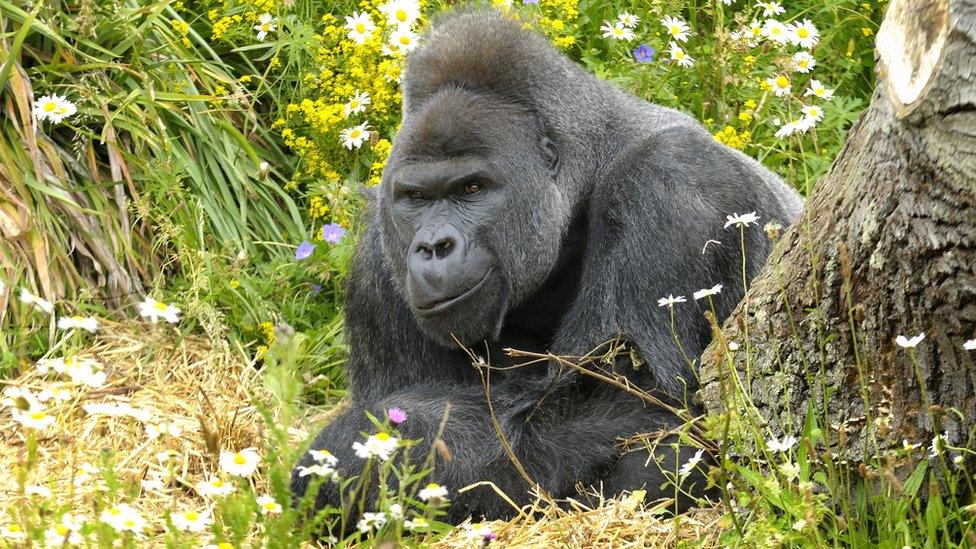Zoo breaks ground on endangered species habitat
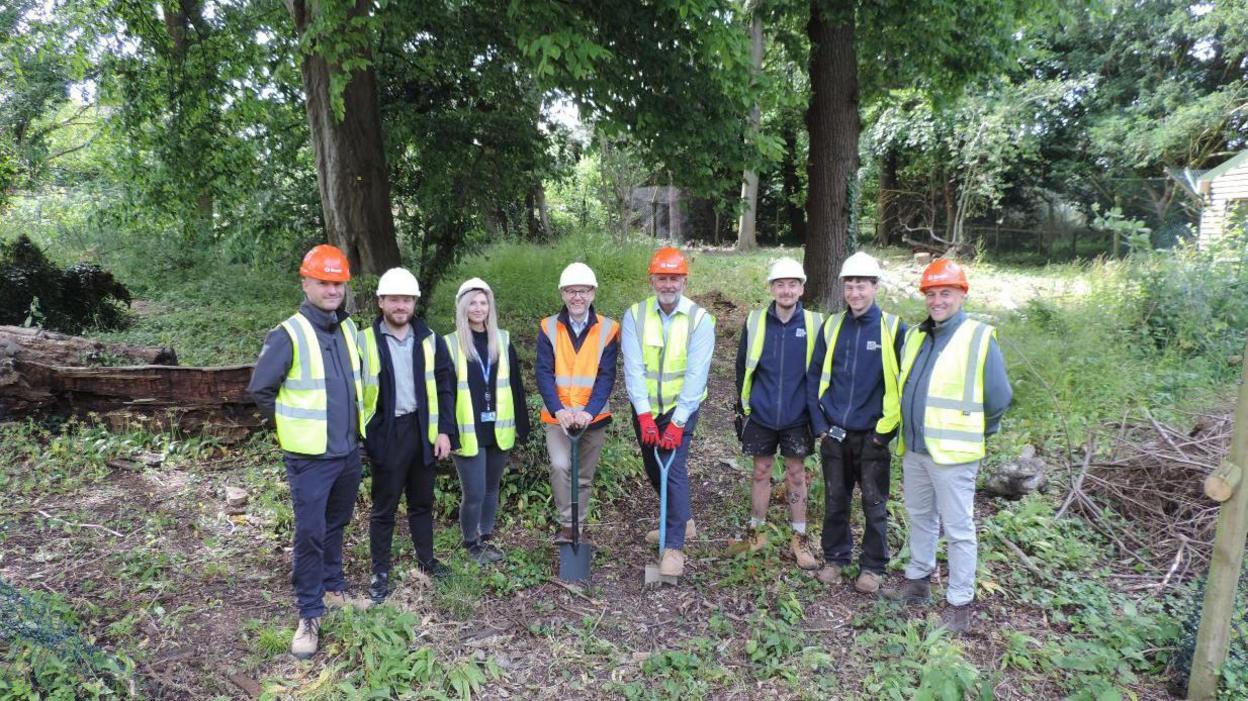
Works will include the construction of the new gorilla house, along with a crocodile house and parrot aviary
- Published
Work has begun on building a new habitat at a zoo for some of the world's most threatened species.
The Bristol Zoo Project, formerly known as Wild Place Project, is a wildlife conservation park in north Bristol owned and run by the conservation charity Bristol Zoological Society (BZS).
The new Central African Forest enclosure will be home to several critically-endangered species including western lowland gorillas, cherry-crowned mangabeys and slender-snouted crocodiles.
Justin Morris, CEO of Bristol Zoological Society, said: “We have ambitious plans for the future and this is just the beginning."
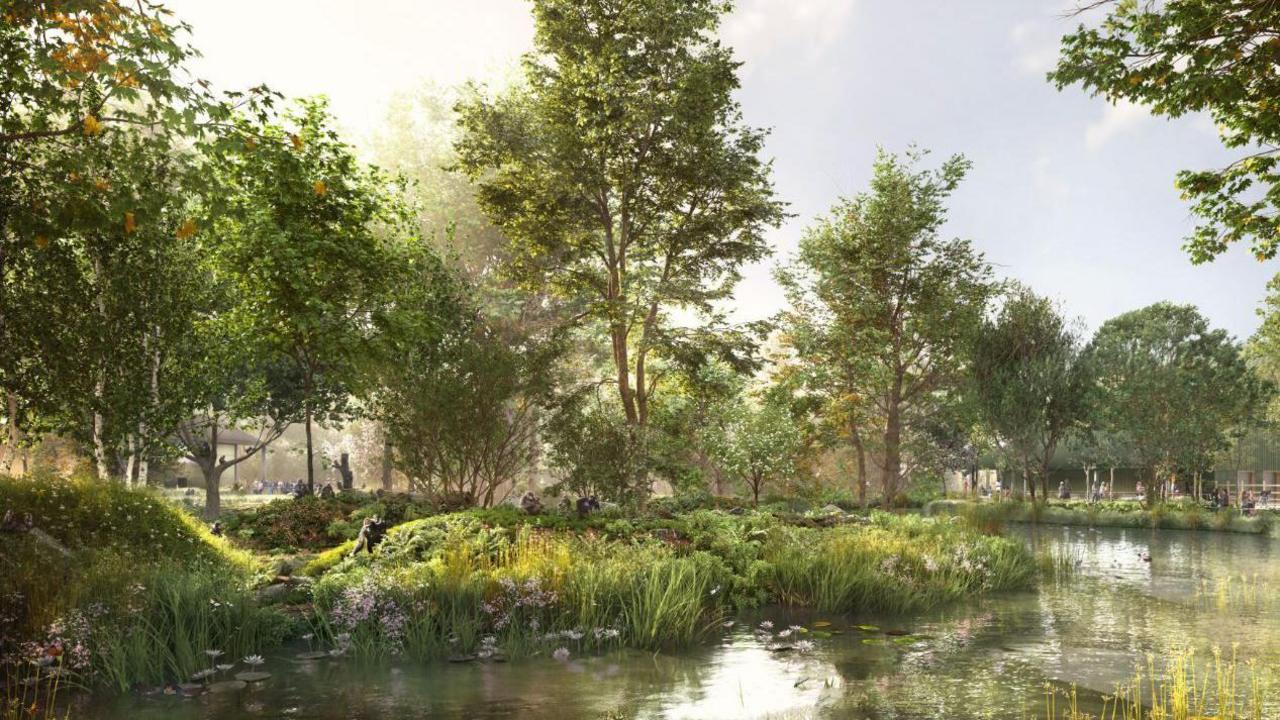
Habitat construction will begin in 2024 and be completed in phases over a number of years
The new Central African Forest will make up most of the wooded area of Bristol Zoo Project's 136-acre site, located near J17 of the M5 motorway.
It has been designed to evoke a sense of the dense forest and landscape of Equatorial Guinea where the society runs one of its largest conservation projects.
The first turf has been cut for the new habitat which next year will see the arrival of the zoo’s existing troop of critically-endangered western lowland gorillas.
They will be relocated from the former Bristol Zoo Gardens site in Clifton where they have remained since the site closed in September 2023.
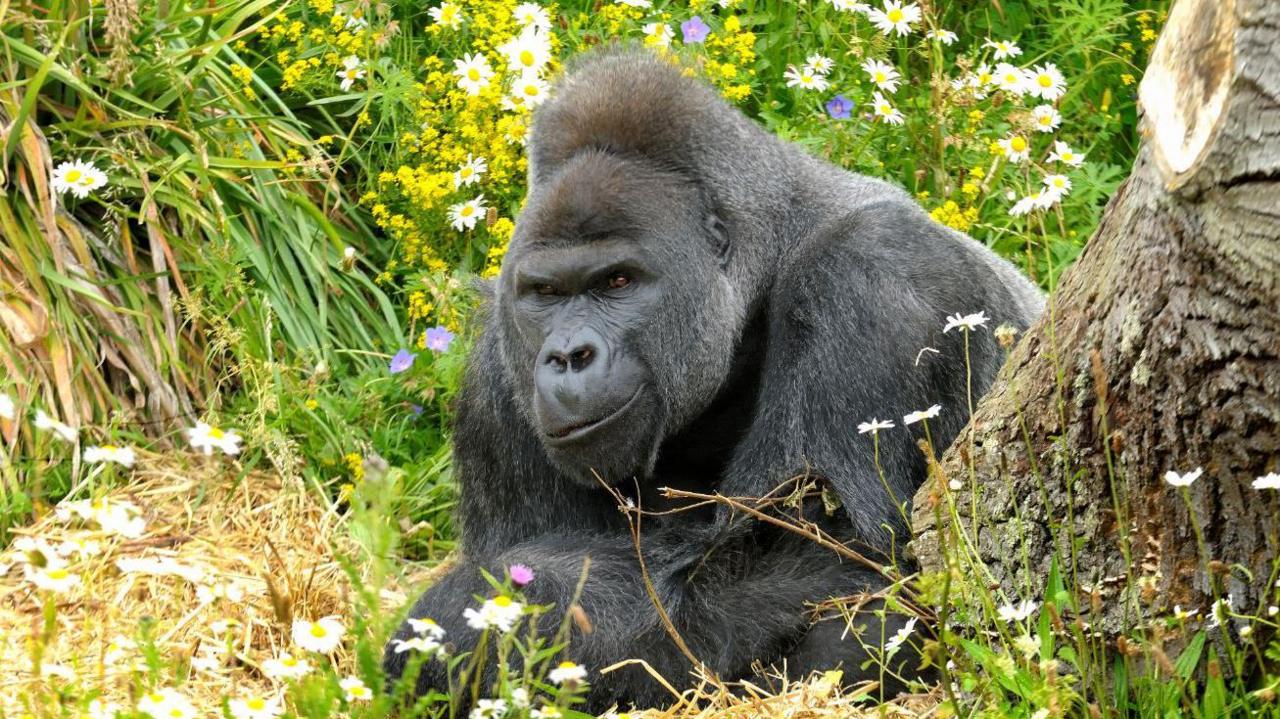
The gorillas will be living in an area 4.5 times the size of the troop’s current home at the former Bristol Zoo Gardens
The project, which is costing £9.2m, will bring together the critically-endangered western lowland gorillas and endangered cherry-crowned mangabeys for the first time in a UK zoo.
“This is an incredibly exciting moment for us and a significant milestone in our vision to create a modern conservation zoo at Bristol Zoo Project," said Mr Morris.
"Central African Forest will see us create a new environment that will not only give our animals the opportunity to live in spaces more closely reflecting their natural habitats, it will also help to raise vital awareness of the threats these precious species are facing around the world."
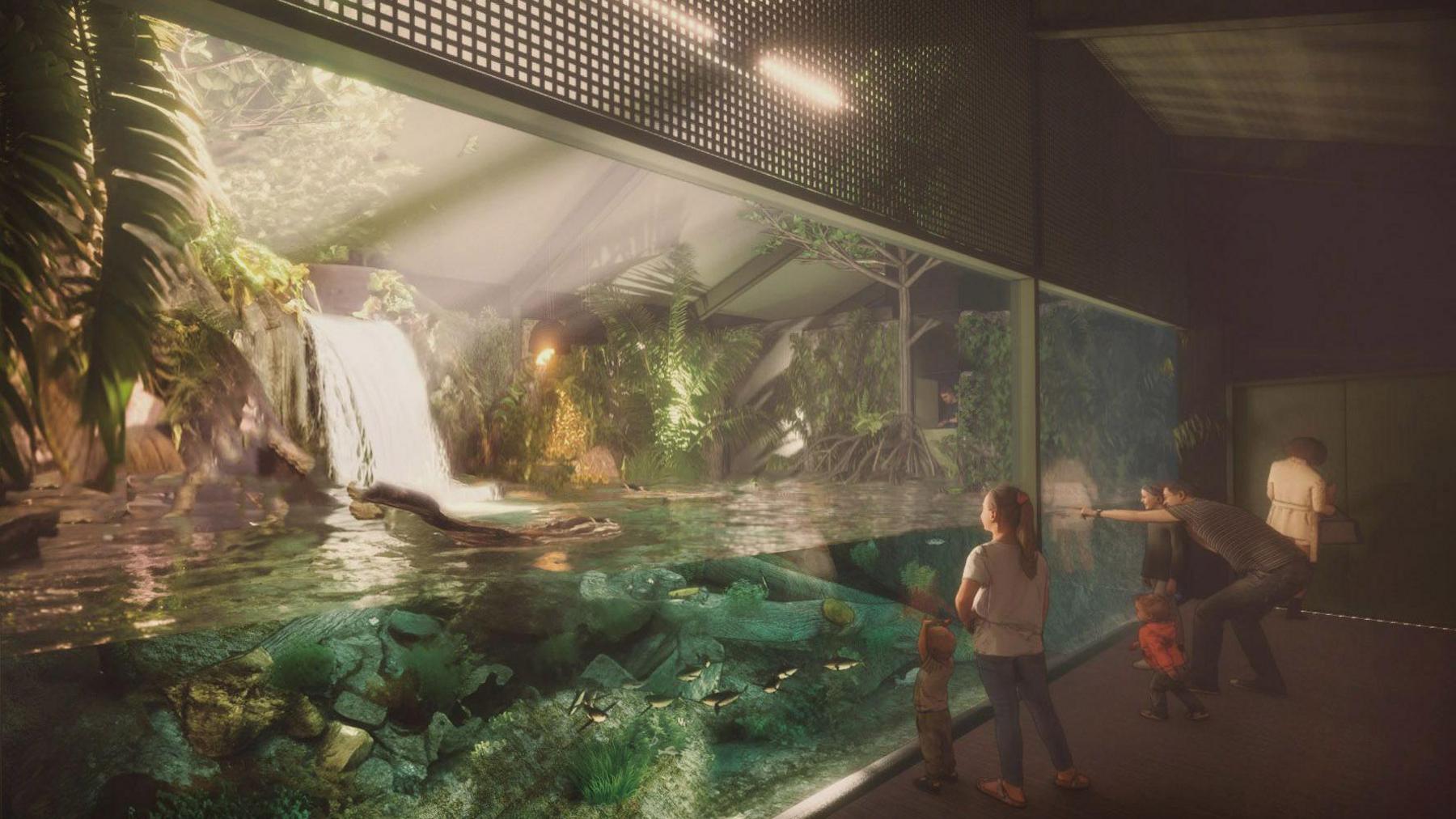
Visitors will be able to see endangered crocodiles and extremely threatened species of West African freshwater fish in an underwater viewing area
Over the next few years, BZS will also be building a Central African Savannah habitat which will become home to black rhino and red-necked ostrich, alongside the zoo’s existing giraffe, zebra and cheetah.
In addition, a new campus will be built to provide conservation, veterinary medicine, animal breeding and learning centres for more than 600 higher education students a year.
Follow BBC Bristol on Facebook, external, X, external and Instagram, external. Send your story ideas to us on email or via WhatsApp on 0800 313 4630.
Related Internet Links
- Published27 May 2024
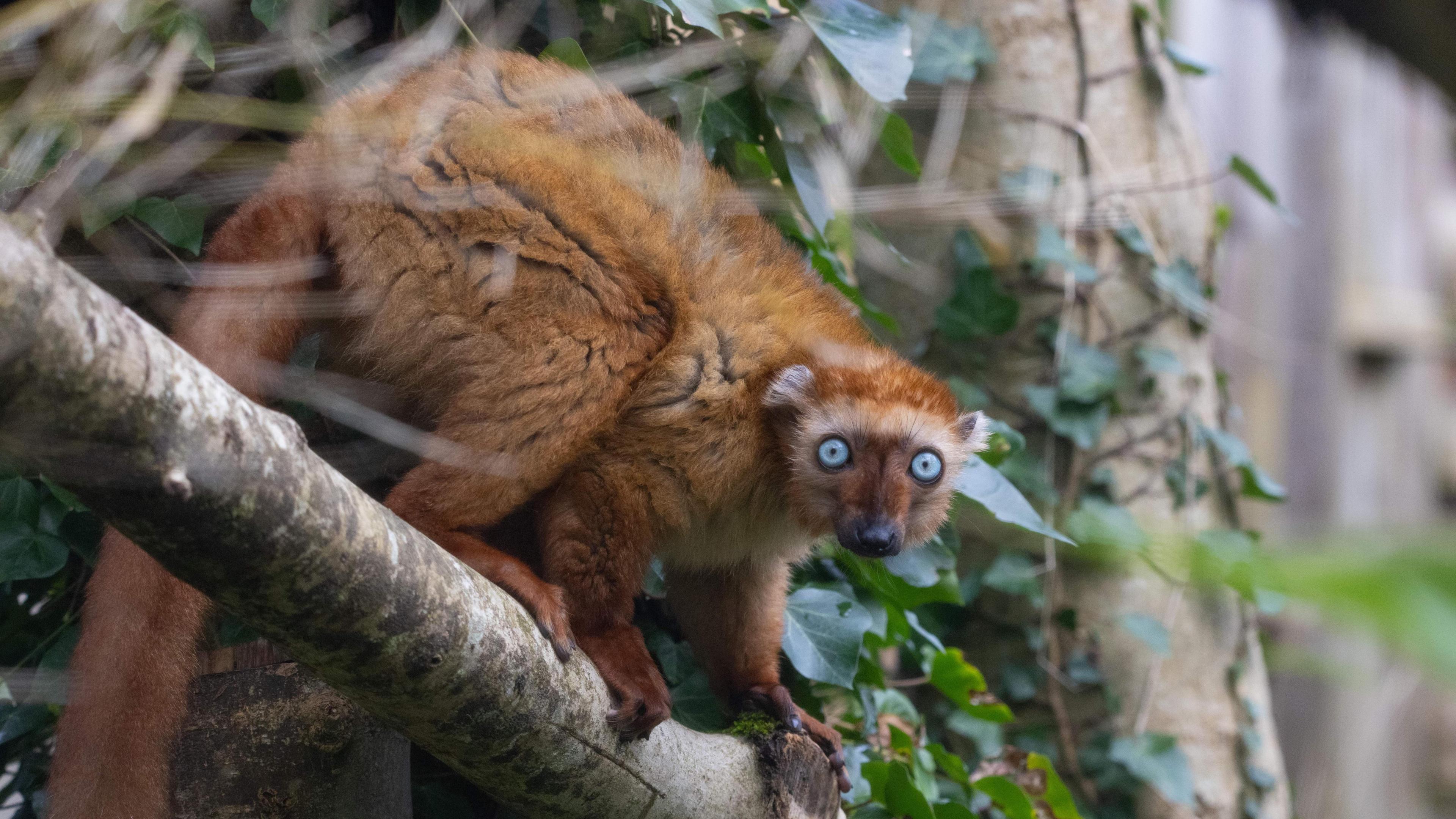
- Published21 March 2024
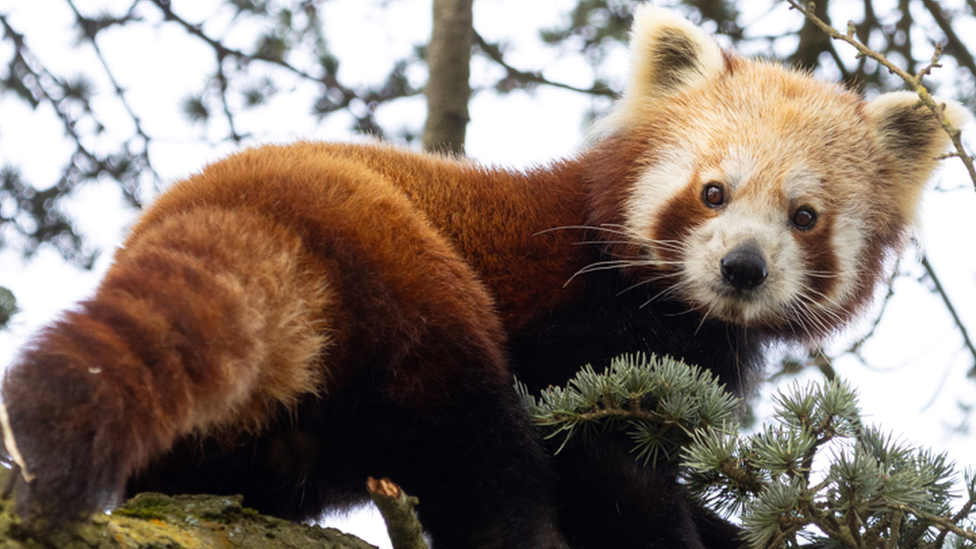
- Published18 January 2024
